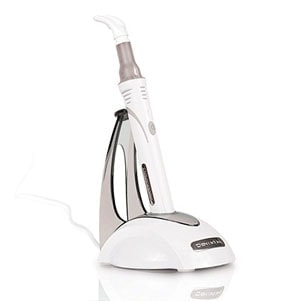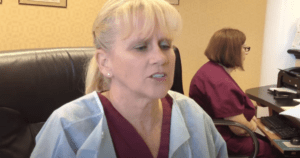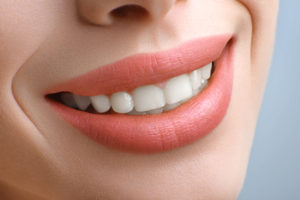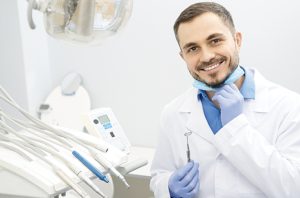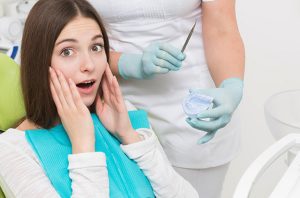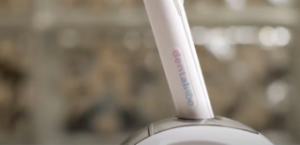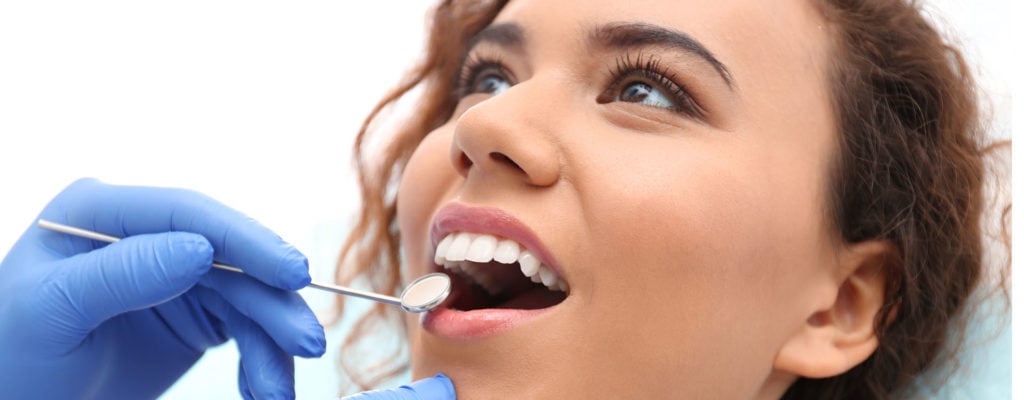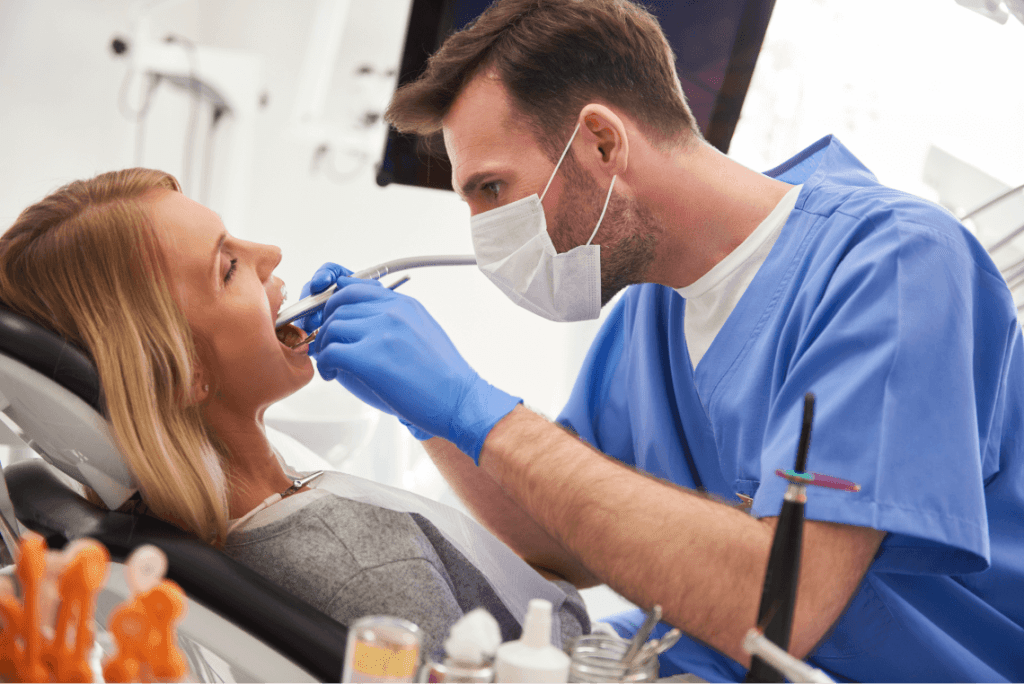If you’re pregnant, it’s essential to look after your health, including your dental health. Women often wonder if it’s safe to visit the dentist while pregnant. Not only is it safe, it’s recommended that you visit the dentist at least once during pregnancy for a check-up. Dental hygiene during pregnancy is crucial as not only can being pregnant affect your dental health, there may also be a link between poor dental hygiene and preterm labor.
It’s important to let your dentist know that you’re pregnant, as you may need to avoid some procedures, such as x-rays or cosmetic dentistry. Continue reading to learn more about the relationship between dental health and a healthy pregnancy.
Dental hygiene during pregnancy
If possible, it’s a good idea to visit the dentist before getting pregnant. If you’re trying to conceive, scheduling a dental appointment may be the last thing on your mind, but most dentists recommend having a complete dental exam, including x-rays, prior to pregnancy. If your dentist finds any issues that require treatment, these can be taken care of before you conceive.
Women are often hesitant to visit the dentist during pregnancy, but it’s never a good idea to postpone dental treatment. During pregnancy, women are at greater risk of tooth decay, as hormonal changes can affect oral health. The hormone progesterone increases considerably in pregnant women, which can increase your risk of developing bacterial plaque, which can cause gingivitis, or mild gum disease.
Many pregnant women also complain of a dry mouth; this is caused by a reduction in saliva production during the night, which is due to hormonal changes. Because saliva is necessary to wash away bacteria and plaque, dry mouth is also a risk factor for gum disease.
Symptoms of gingivitis include gums that are red, sore, or bleeding, along with gums that look like they are pulling away from the teeth, or teeth that feel loose. If left untreated, gingivitis can progress to more severe gum disease, which may harm your baby. Gum disease is associated with a low birth weight, and may put your baby at risk of being born prematurely.
If you notice any symptoms of gum disease or tooth decay, or think you may be at risk of other dental issues during pregnancy, it’s imperative that you make an appointment with your dentist right away. Be sure to let them know that you’re pregnant so they can take any necessary precautions during your visit. It’s also wise to inform the dentist of any medication or prenatal vitamins you are taking.
Which dental treatments are safe during pregnancy?
Most dental treatments are safe during pregnancy or can be adapted so that they are safe. Treatments such as teeth cleaning, fillings, root canals, and even tooth extractions are safe to be performed under local anesthesia during pregnancy. In most cases, x-rays can be taken in an emergency, but your dentist will likely recommend that you wait until the baby is born to have routine x-rays taken.
It’s best to avoid non-essential, cosmetic dentistry procedures while pregnant, such as teeth whitening, especially during the third trimester when you’ll likely find it uncomfortable to lie still.
Can I get a dental cleaning while pregnant?
It’s perfectly fine, and even recommended, to have a dental cleaning during pregnancy. A professional dental cleaning will remove dental plaque from teeth, helping to prevent tooth decay and gum disease. Your dental professional can also remove tartar, which can’t be washed away while brushing. Maintaining good dental health can reduce the risks associated with gum disease and tooth decay.
Don’t be afraid to ask if you need to make any adjustments during your dental cleaning. Let your dental professional know if you alter your position to make you feel more comfortable. You may want to ask if you can keep your head higher than your feet to avoid light-headedness. You may also be able to recline or have a small pillow underneath your hips to help you feel comfortable during your dental cleaning.
Can you get cavities filled while pregnant?
Many women assume that they can’t have cavities filled during pregnancy due to the anesthetic. Generally, this isn’t the case, as most local anesthetics are safe during pregnancy. If you need dental work such as cavities filled, root canal treatment, or teeth pulled, it’s best to have the work done sooner rather than later. Waiting until after you’ve had the baby may cause more harm than good, as this would increase the risk of infection. Your dentist will be able to talk you through which aesthetic options are safe during pregnancy if you need to have a filling or another dental treatment.
Can I have x-rays while pregnant?
The FDA has stated that x-rays are generally safe during pregnancy when performed correctly. Research has shown that a very high dose of x-ray radiation is necessary to cause any harm to a developing baby, and dental x-rays come nowhere near this amount. Dental x-rays are also aimed at the mouth area, and the abdomen is not directly exposed to the x-ray beam.
Still, your dentist will likely take x-rays only if absolutely necessary. If you would prefer to refrain from taking routine x-rays while pregnant, let your dentist know.
If x-rays are necessary your dentist will give you a lead apron to wear over your abdomen to reduce your exposure even further.
Dental health tips during pregnancy
You can protect your dental health and reduce your risk of gum disease by making smart choices during pregnancy. Your diet during pregnancy can have a huge impact on both your oral and the health of your developing baby. As much as possible, avoid sugary snacks while pregnant. Many women have cravings for sweet foods, but it’s best to limit snacking to reduce the chances of tooth decay. If you have a craving for sweets, try snacking on sweet foods that are healthy, such as apples or grapes.
If you do snack on sweet foods, brush your teeth soon after to prevent sugar on your teeth from promoting bacteria growth. If you eat acidic foods, however — such as citrus fruit, pickles, sports drinks, or fruit juice — it’s best to wait half an hour before brushing your teeth, as the acid present in your mouth can damage tooth enamel during brushing.
Your baby’s teeth will start to develop when you are around three months pregnant. It’s essential to eat a healthy diet containing calcium-rich foods as these will provide your baby with the vitamins and minerals needed to grow healthy bones, teeth, and gums.
Practice good dental hygiene at home. Continue to brush your teeth at least twice daily and floss as least once a day. This will help keep your mouth clean and reduce the risk of tooth decay and gum disease, which may harm your baby.
If you experience nausea during pregnancy, it’s important to clean your teeth after vomiting, as the acid can damage your teeth.
Find a dentist
If you’ve been avoiding the dentist due to a fear of dental needles, visit our directory to find a DentalVibe certified pain-free dentist near you. Our dentists are specially attuned to the needs of patients with dental anxiety, and will work to make your dental appointments as comfortable as possible.

